Which type of PCOS do I have?
Are you in the 10% of females who has been diagnosed with PCOS? Maybe you have recently been to the doctor and been told you have PCOS because you have irregular or non-existent periods, acne, unwanted hair growth, and/or you struggle to lose weight. It is unlikely the doctor explained to you that there are different types of PCOS, and that means different methods of support.
It is important to note before I go on that sometimes your doctor may be quick to diagnose PCOS just by doing an ultrasound and finding cysts on your ovaries. Ovarian cysts can be a symptom of PCOS, but they are not unique to PCOS. PCOS is a group of symptoms so there is not one definitive test. The defining factors of PCOS are having irregular periods or polycystic ovaries on an ultrasound AND high androgens on a blood test or symptoms of high androgens (e.g. facial hair growth). If your main symptom is pain, this is not a symptom of PCOS and should be investigated further.
Let’s unpack the different types, and look at different modes of support, …without the need for synthetic hormones (e.g. the oral contraceptive pill) which blocks your natural bodily processes, for example ovulation.
Insulin Resistant PCOS
This type of PCOS stems from having too much insulin, and it is the most common form of PCOS affecting around 70% of sufferers. If your body makes too much insulin it can impair ovulation and increase androgens by making too much testosterone instead of oestrogen.
The main driver of insulin resistance is sugar, but can also be caused by alcohol, stress, smoking, hormonal birth control, lack of sleep, unhealthy gut bacteria and toxins from the environment.
Sugar avoidance is the number one treatment protocol for insulin resistant PCOS, but there are many other ways to tackle it holistically with lifestyle and supplemental changes.
Post-Pill PCOS
You’ve been on the pill for years, if not decades of your life, you stop taking it, but then notice your period is nowhere to be seen. This doesn’t happen to everyone, but it is relatively common and something I have seen in clinic. This happens because the pill’s job is to supress ovulation so the body can take a while to restore it’s natural hormone balance and start ovulating again. No ovulation generally equals no period (although it is completely normal to have anovulatory cycles occasionally).
Some pills are also low androgen pills and so when you stop taking it you may experience a sudden surge in androgens causing the unwanted symptoms of PCOS, like dark facial and body hair growth. Not getting your period back when you are expecting it can be very frustrating, and worrying especially if you came off of the pill to have a baby. This form of PCOS is usually temporary and can be supported by eating the correct micro and macro nutrients to support ovulation.
Inflammatory PCOS
Inflammation is something that is becoming more and more common due to the environment we life in. It can be caused by smoking, environmental toxins, pollutants and inflammatory foods like refined plant oils and processed food. Inflammation can be a driver of PCOS by disturbing hormone receptors and stopping ovulation. Adopting an anti-inflammatory diet like the Mediterranean diet is your first port of call, as well as the addition of some specific nutrients and supplements.
Adrenal PCOS
Being the least common form of PCOS this needs a thorough diagnosis by your doctor to rule out other forms of PCOS and other conditions. This type of PCOS is associated with having high levels of DHEAS. DHEAS is a male sex hormone that is found in both men and women, responsible for making testosterone and oestrogen. Raised DHEAS is related to having an abnormal stress response, so to support this, stress reduction techniques are key, and there are plenty of nutrient rich foods and adaptogenic supplements that can support your stress response as well.
If you have PCOS and would like to discuss the different modes of support through nutrition, lifestyle and exercise, book your free consultation here.



